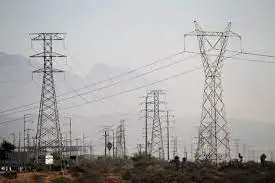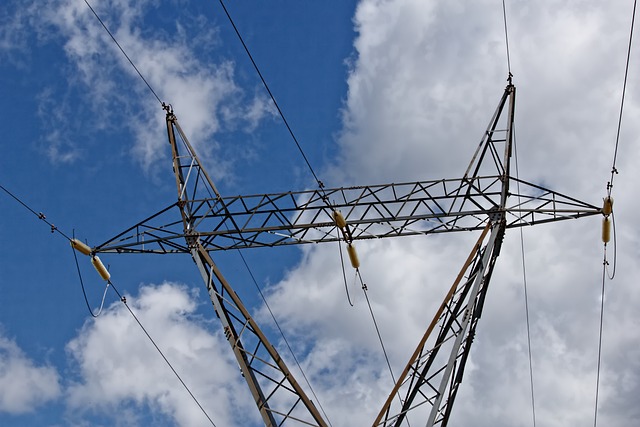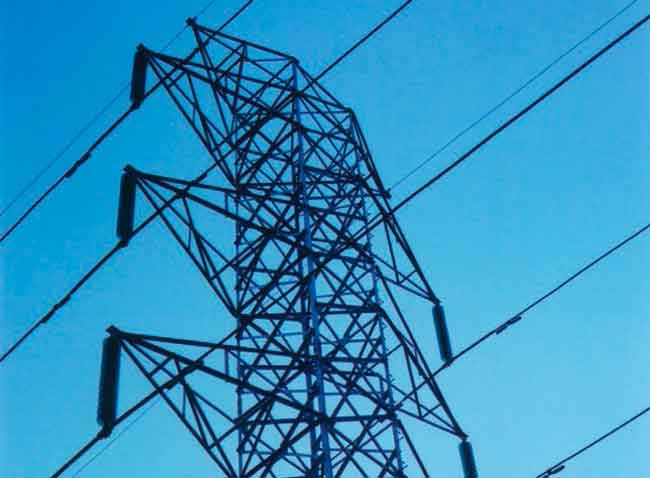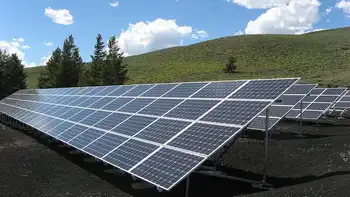Expanding EV Charging Infrastructure in Calgary's Apartments and Condos
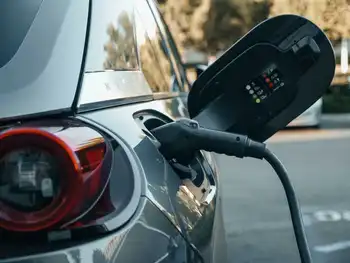
High Voltage Maintenance Training Online
Our customized live online or in‑person group training can be delivered to your staff at your location.

- Live Online
- 12 hours Instructor-led
- Group Training Available
Calgary EV Charging for Apartments and Condos streamlines permitting for multi-unit dwellings, guiding condo boards and property managers to install EV charging stations, expand infrastructure, and advance sustainability with cleaner air and lower emissions.
Key Points
A Calgary program simplifying permits and guidance to add EV charging stations in multi-unit residential buildings.
✅ Streamlined permitting for condo boards and property managers
✅ Technical assistance to install EV charging stations
✅ Boosts property value and reduces emissions citywide
As the demand for electric vehicles (EVs) continues to rise, and as national EV targets gain traction, Calgary is taking significant strides to enhance its charging infrastructure, particularly in apartment and condominium complexes. A recent initiative has been introduced to facilitate the installation of EV charging stations in these residential buildings, addressing a critical barrier for potential EV owners living in multi-unit dwellings.
The Growing EV Market
Electric vehicles are no longer a niche market; they have become a mainstream option for many consumers. As of late 2023, EV sales have surged, with projections indicating that the trend will only continue. However, a significant challenge remains for those who live in apartments and condos, where high-rise charging can be a mixed experience and the lack of accessible charging stations persists. Unlike homeowners with garages, residents of multi-unit dwellings often rely on public charging infrastructure, which can be inconvenient and limiting.
The New Initiative
In response to this growing concern, the City of Calgary has launched a new initiative aimed at easing the process of installing EV chargers in apartment and condo buildings. This program is designed to streamline the permitting process, reduce red tape, and provide clear guidelines for property managers and condo boards, similar to strata installation rules adopted in other jurisdictions to ease installations.
The initiative includes various measures, such as providing technical assistance and resources to building owners and managers. By simplifying the installation process, the city hopes to encourage more residential complexes to adopt EV charging stations. The initiative also emphasizes practical support, such as providing technical assistance, including condo retrofit guidance, and resources to building owners and managers. This is a significant step towards creating an eco-friendly urban environment and meeting the growing demand for sustainable transportation options.
Benefits of the Initiative
The benefits of this initiative are manifold. Firstly, it supports Calgary's broader climate goals by promoting electric vehicle adoption. As more residents gain access to charging stations, the city can expect a corresponding reduction in greenhouse gas emissions, contributing to cleaner air and a healthier urban environment.
Additionally, providing charging infrastructure can enhance property values. Buildings equipped with EV chargers become more attractive to potential tenants and buyers who prioritize sustainability. As the market for electric vehicles expands, properties that offer charging facilities are likely to see increased demand, making them a sound investment for landlords and developers.
Overcoming Challenges
While this initiative marks a positive step forward, there are still challenges to address. Property managers and condo boards may face initial resistance from residents who are uncertain about the costs associated with installing and maintaining EV chargers, though rebates for home and workplace charging can offset upfront expenses and ease adoption. Clear communication about the long-term benefits, including potential energy savings and the value of sustainable living, will be essential in overcoming these hurdles.
Furthermore, the city will need to ensure that the installation of EV chargers is done in a way that is equitable and inclusive. This means considering the needs of all residents, including those who may not own an electric vehicle but would benefit from a greener community.
Looking Ahead
As Calgary moves forward with this initiative, it sets a precedent for other cities, as seen in Vancouver's EV-ready policy, facing similar challenges in promoting electric vehicle adoption. By prioritizing charging infrastructure in multi-unit residential buildings, Calgary is taking important steps towards a more sustainable future.
In conclusion, the push for EV charging stations in apartments and condos is a critical move for Calgary. It reflects a growing recognition of the role that urban planning and infrastructure play in supporting the transition to electric vehicles, which complements corridor networks like the BC Electric Highway for intercity travel. With the right support and resources, Calgary can pave the way for a greener, more sustainable urban landscape that benefits all its residents. As the city embraces this change, it will undoubtedly contribute to a broader shift towards sustainable living, ultimately helping to combat climate change and improve the quality of life for all Calgarians.






